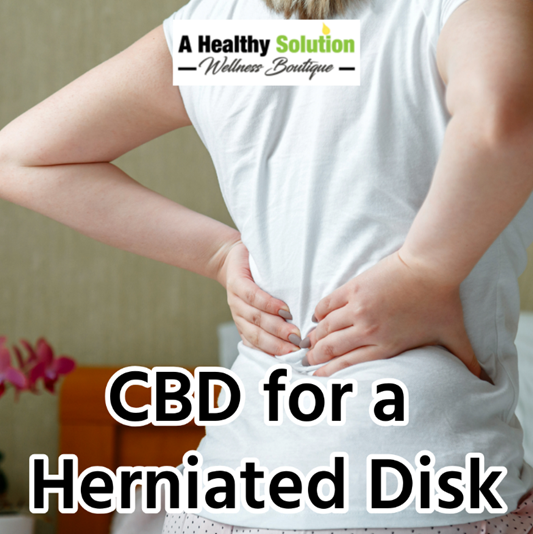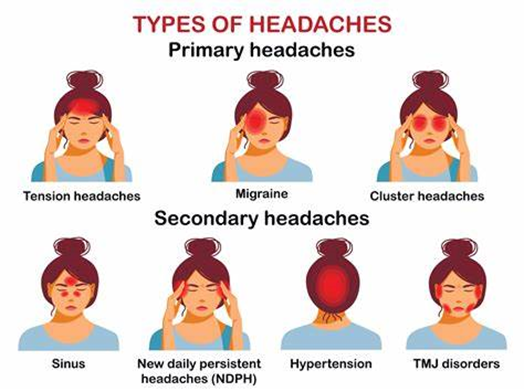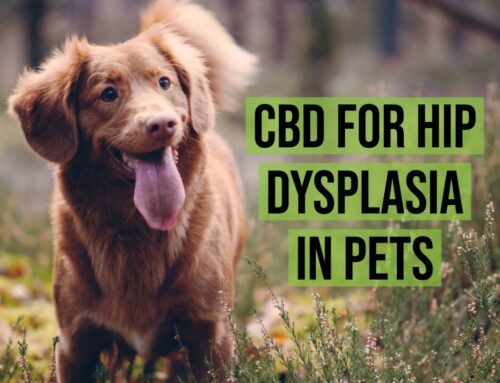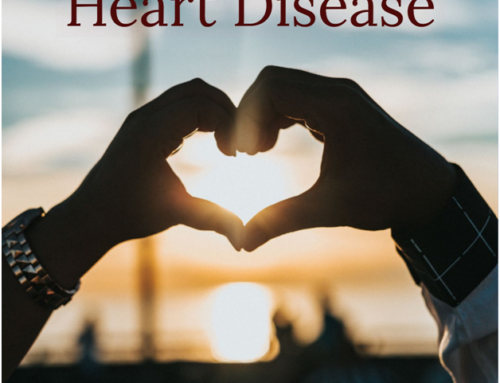CBD for Herniated Disk
As we go about our lives, our body begins to hurt and does not function quite like it used to. In many cases, these conditions can become chronic and affect everyday lives. One of these conditions can be having a herniated disk.
What is a Herniated Disk?
A herniated disk is a condition which is caused by rupture of the disc between the bones of the spine and the soft inner section of the disc (nucleus) protrudes outside through the hard outer ring (annulus). The nerve becomes inflamed and in pain as a result of the nerve being compressed. This can occur when the outer ring of the disc becomes weak or worn and results in the inner portion to herniate. Some of the symptoms patients can experience are the following: Pain in the back, arm, leg, and foot, Recurrent back muscle spasm, Numbness or tingling along thigh, Muscle weakness, Burning in the shoulders, neck or arm.
How common is this condition?
While not overly common, this condition can naturally occur from natural wear and tear over time. On very rare occasions, it can be caused by physical trauma from a blow to the back or falling.
On average, it can be caused from a few different things: Aging that can cause the spinal cord to lose their water content, making them less flexible and more prone to a tear or rupture with strain or twist, lifting heavy objects also makes you prone to wear and tear.
Additional risk factors include: Having excess weight that puts stress on lower back disks, physically tasking jobs that put extra strain on your back, and having a family history of herniated disks can also increase your chances of having this condition.
What is CBD?
Cannabidiol (CBD) is a type of cannabinoid, a chemical found naturally in cannabis (marijuana and hemp) plants. Early research is promising regarding the ability of CBD oil to help relieve anxiety. Unlike tetrahydrocannabinol (THC), another type of cannabinoid, CBD doesn’t cause any feelings of intoxication or the “high” you may associate with cannabis. CBD is also known for its ability to relieve stress and anxiety in the brain. Let’s talk about the human body and its many different receptors. CBD is thought to interact with CB1 and CB2 receptors. These receptors are mostly found in the central nervous system and the peripheral nervous system, respectively. These receptors are part of our body’s endocannabinoid system (ECS), this system in the brain is responsible for so many of our day-to-day functions. A few of these functions include mood, sleep, appetite, memory, etc. There is still a lot that is being discovered about this system in our bodies. What has been discovered is amazing. We all have this ECS in our systems, even if you haven’t had any form of cannabis in your system. When we are born, this system in our brains is in a form of homeostasis, though over time it can become unbalanced. That’s where CBD can come in to help. The endocannabinoids can bind to either receptor, the effects that result depend on where the receptor is located and which endocannabinoid it binds to. The CB1 receptors are located in the brain and throughout the body, while CB2 receptors are found mostly in the immune and gastrointestinal system; although CB2 receptors are also found in the brain, they are not expressed quite as densely as CB1 receptors. We have another blog that goes deeper into this topic.
With CBD’s ability to help reduce pain and inflammation topically in the muscles, it’s usually seen as a really helpful alternative to regular pharmaceutical medications. The most recommended way to use CBD for aches and pains would be in a topical or cream form. When using a topical, it’s recommended to use a formula with CBD and CBG together or with Full Spectrum CBD/CBG. This is because CBG can be used for pain symptoms and to relax the body. When two cannabinoids are used together in a product, they help make each other more effective. Full Spectrum means that the formula has the legal limits of THC (0.3%), it’s not enough to cause any form of a psychoactive but does help with higher levels of pain and relaxing the body.
Regardless of how you would like to go about your treatment plan, we always recommend speaking to a health care specialist if you feel you have any serious/persistent symptoms. Here at AHS, we also have a nurse on staff who can help answer any additional questions. Our team
is trained in CBD and here to help make sure you get the best treatment we can provide.






Leave A Comment
You must be logged in to post a comment.